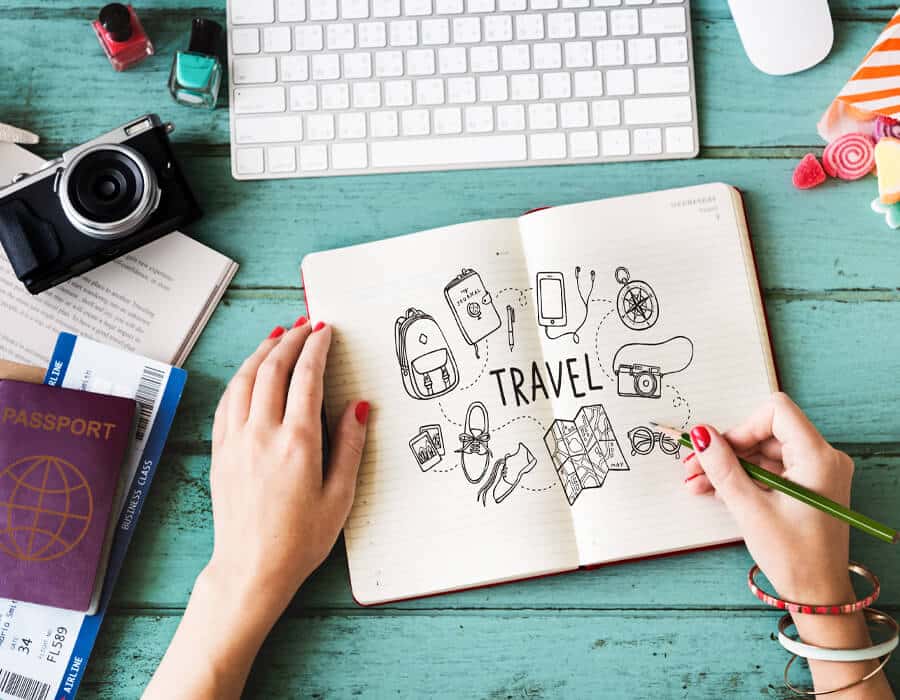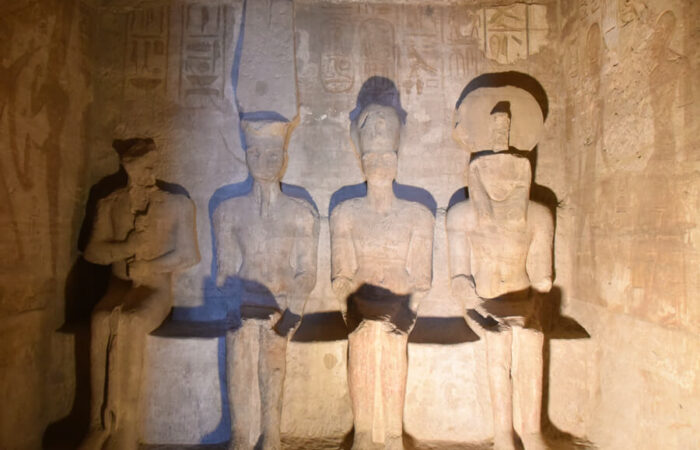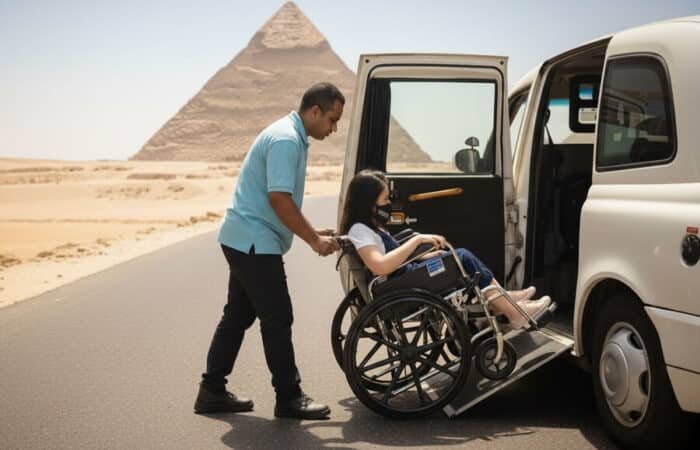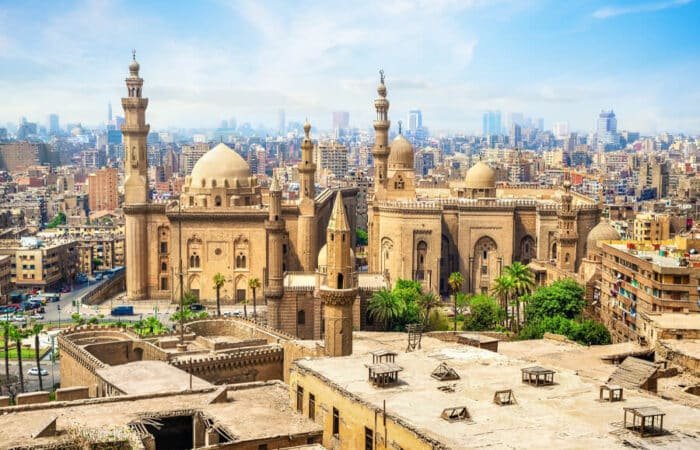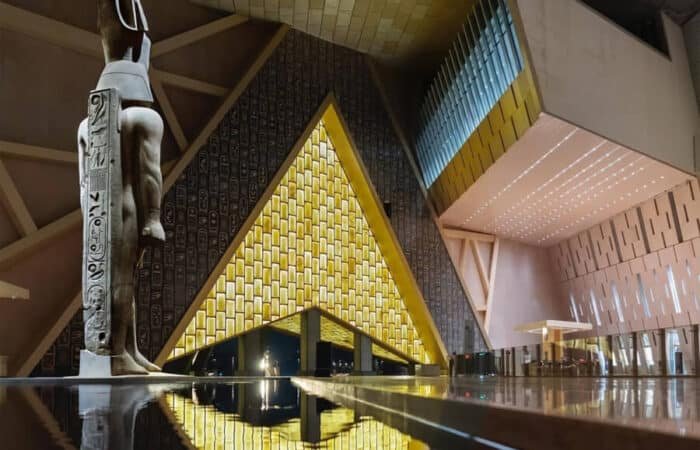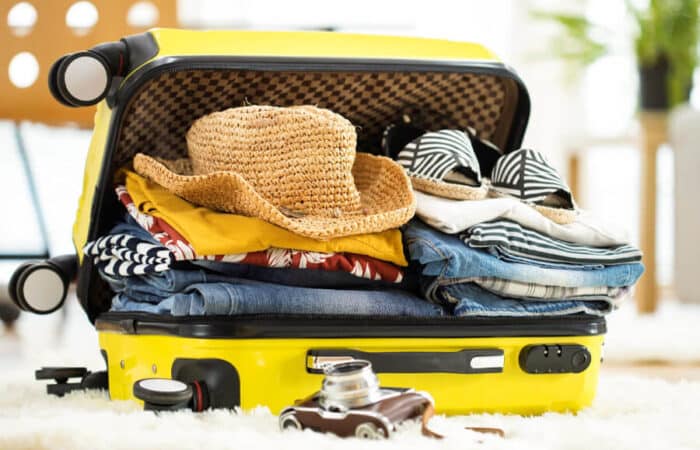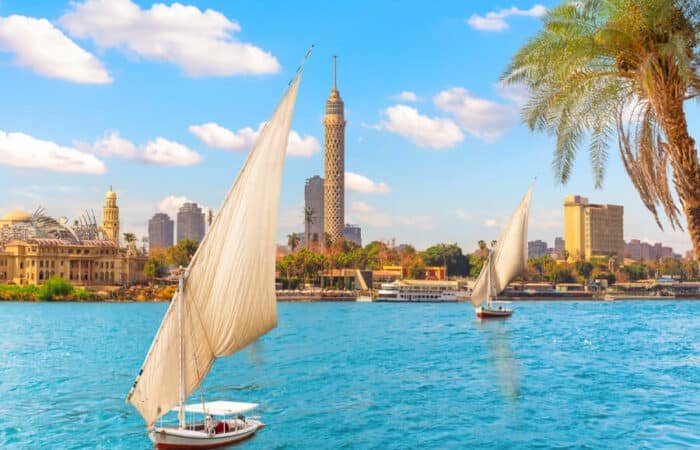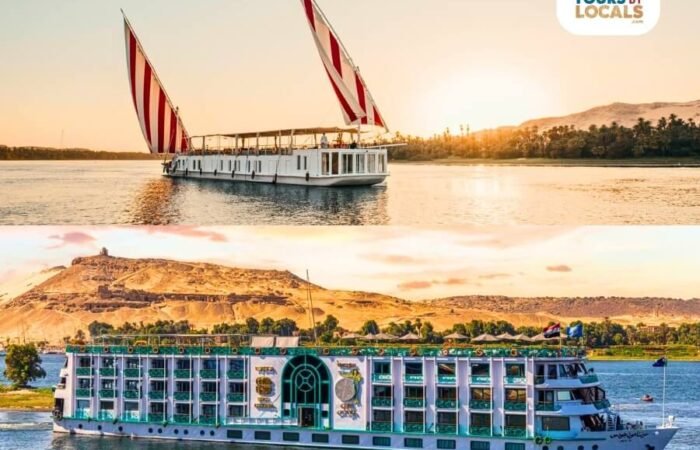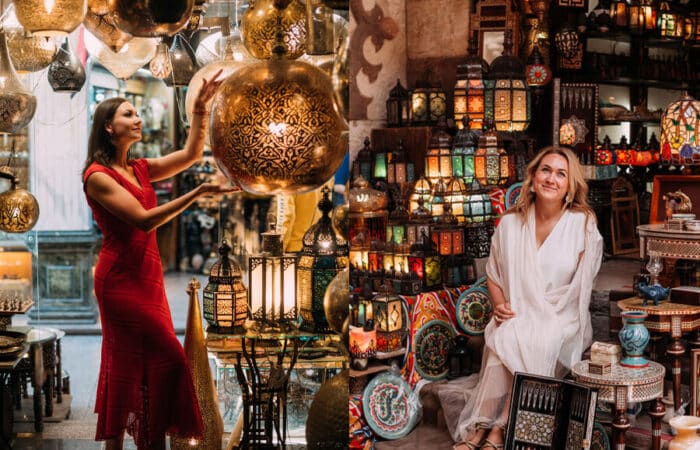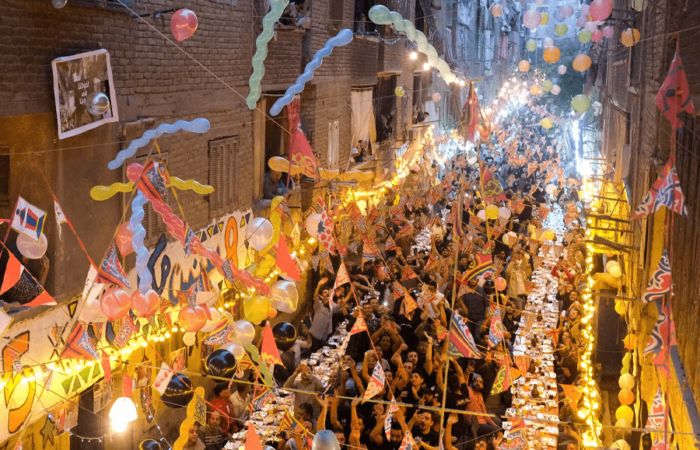Are you ready to explore Egypt but unsure how to navigate its vibrant, mysterious charm? This guide shares practical Egypt Travel Tips to help you avoid common pitfalls, stay safe, and make the most of every moment—insights often built into reliable Egypt tour packages.
Whether it’s your first visit or a return journey, these tips keep your experience smooth and rewarding. And if you want extra flexibility, you can always customize your Egypt tour to match your pace, interests, and comfort level for a truly memorable adventure.
Key Takeaways:
- Learn the best time to visit Egypt for pleasant weather and fewer crowds.
- Discover essential cultural dos and don’ts to show respect to locals.
- Find practical tips for transportation, safety, and packing.
- Explore insider advice for exploring iconic landmarks like the Pyramids and the Nile.
- Save time and money with key budgeting strategies.
Essential Egypt Travel Tips to Know:
Egypt – a land of ancient wonders, vibrant markets, and breathtaking landscapes. It’s no wonder millions of travelers flock to this mystical destination every year! But with so much to see and do, navigating the country can feel overwhelming. You’ll encounter bustling cities like Cairo, serene temples in Luxor, and Cruising along the Nile—all rich in culture and history.
Why does this matter to you? Whether you’re a first-timer or a seasoned traveler, knowing the right Egypt travel tips can elevate your journey. From timing your visit perfectly to understanding cultural nuances, this guide will arm you with all the tools you need for an unforgettable adventure. In this post, we’ll cover essential travel hacks, must-know cultural practices, and practical advice to help you enjoy every moment in Egypt. Let’s dive in!
Best Time to Visit Egypt
When’s the best time to visit Egypt? It depends on what you want to do. If you dream of seeing the Pyramids of Giza or taking a Nile River cruise without getting too hot, October to April is perfect. The weather is cooler, and there are fewer tourists than in the summer.
December to February is the best for comfortable weather in Cairo and Luxor. It gets a bit chilly at night. If you plan an Egypt safari tours or ancient ruins, the mild days are great. But, you might see more people at famous spots.
March to May is also good if you don’t mind a bit of warmth. It’s not as hot as summer, but watch out for sandstorms. They can pop up unexpectedly, so be ready.
Summer (June to August) is very hot, with temperatures over 100°F (38°C) in some places. You’ll likely spend more time in air-conditioned spaces. But, if you’re on a tight budget, summer can be cheaper for hotels.
So, whether you want cooler weather, fewer people, or the best deals, choosing the right time makes your trip to Egypt better!
Essential Travel Packing Tips for Egypt
What to Pack and wear for Egypt? You’ll need practical, comfortable items and a bit of cultural respect. The weather can surprise you, so be prepared. Here are some key tips for temple tours and Cairo streets.
Dress wisely. Egypt is hot and has strict cultural rules, mainly in religious sites. Wear loose, light clothes like cotton or linen. Bring a scarf or pashmina for your shoulders in mosques or temples. Women, remember to dress modestly—no shorts or sleeveless tops in sacred places!
Don’t forget a hat and sunglasses. The sun is strong, and a wide-brimmed hat keeps you cool and protects your scalp. Use SPF 50+ sunscreen during the day, when you’ll be out exploring.
Water is essential in Egypt. Bring a reusable water bottle and make sure it’s sealed, as tap water is not safe. Add electrolyte tablets or hydration salts for staying hydrated in the sun.
Comfortable shoes are often overlooked. You’ll do a lot of walking in deserts, ruins, and rocky paths. Choose sturdy shoes or lightweight sneakers instead of flip-flops.
Lastly, remember your power bank. You’ll take lots of photos, so keep your phone charged. Egypt’s outlets for tourists are not always available, so it’s better to be prepared.
Navigating Egypt’s Transportation System
Exploring Egypt’s transport can be exciting. You’ll soon get the hang of it! Whether in Cairo’s streets or Luxor City, knowing how to move around saves time and stress.
Taxis and apps like Uber and Careem are best for Cairo. They’re cheap and safer than street cabs. Always agree on a fare or check the meter before starting. Some drivers might overcharge tourists.
Public transport is another choice, but it’s not always comfy or reliable. The Cairo metro is fast and cheap but very crowded. It’s worth it to avoid traffic but watch out for pickpockets.
For a real local feel, try microbuses. They’re cheap but busy. Ask locals or your hotel for routes, as the signs aren’t clear. For comfort, book a private car or train for longer trips. Trains are slower but more comfy, offering views of Egypt’s countryside.
Surviving Egypt’s roads means expecting the unexpected. Traffic rules are just suggestions. Pedestrians, donkeys, and cars mix, so stay alert. With patience and the right tools, navigating Egypt is part of the fun!
Safety Tips for Travelers in Egypt
Traveling to Egypt is exciting, but it’s key to stay safe. Egypt is mostly safe for tourists. Here are some tips to help you have a worry-free trip.
Be alert in crowded places, like Cairo’s markets or tourist spots. Pickpockets might be around. Keep valuables close and avoid showing off expensive items. A crossbody bag or money belt is a good idea.
Watch out for scams, like friendly locals offering tours for a big tip. Say no to unsolicited tours unless you planned it. Also, check taxis use the meter and agree on the fare before you start.
Drink only bottled water because tap water is not safe. Carry basic medications, like anti-diarrheal pills, since stomach issues can happen. Eat street food in moderation and choose busy vendors for fresher food.
When exploring remote areas or deserts, like the White Desert or Siwa Oasis, go with a guide. Never wander off alone and have a phone with a local SIM card for emergencies.
Know the local laws and customs, like dressing modestly for mosques. Women should cover shoulders and avoid shorts in sacred places. Being respectful will make locals friendly and welcoming.
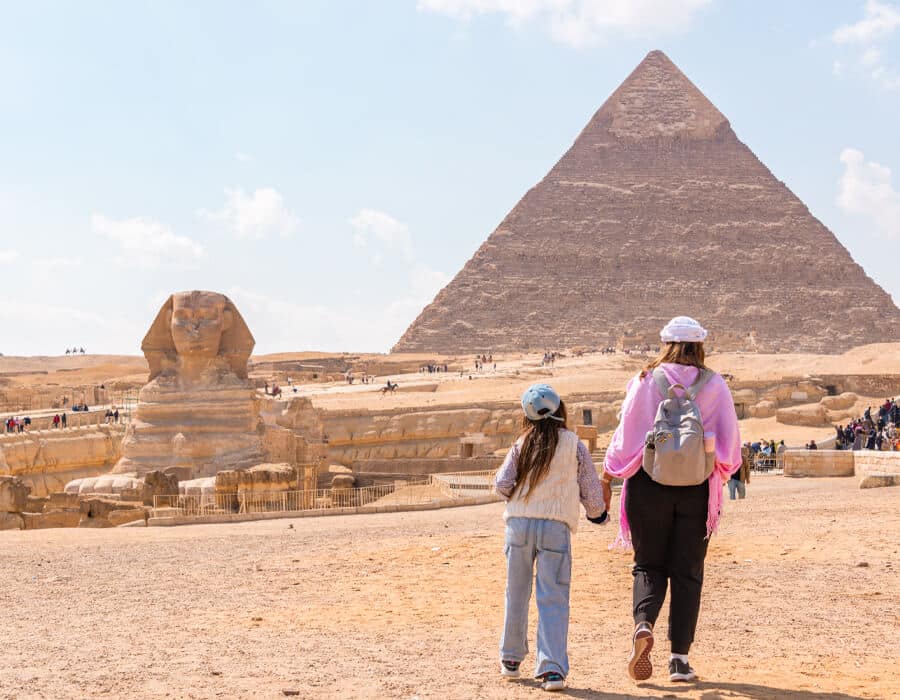
Cultural Etiquette in Egypt
Visiting Egypt means diving into a land rich with history. Knowing the local etiquette is crucial for a great trip. Egyptians are known for their warm welcome, but it’s important to respect their traditions.
Dress modestly to show respect. Egypt is mostly Muslim, so it’s key to follow local customs. Men and women should cover their shoulders and avoid short clothes, mainly when visiting mosques. Women might want a scarf for their heads in sacred places, though it’s not always needed.
When greeting, a firm handshake is common. But, be ready for cheek kisses from friends and family. Women, wait for a man to extend his hand first, as some might not shake hands with women.
Egyptians are expressive in talks, so don’t worry about hand gestures or loud conversations. Asking about someone’s family or health is a great way to connect. They will likely ask you back.
At meals, food is shared, and it’s polite to accept from the host. Use your right hand when eating, as the left is seen as impolite for food handling.
Tipping is common, but amounts vary. Tip hotel staff, drivers, or guides at the end of your stay. Small tips are appreciated but don’t feel obligated to give large amounts unless you’re very happy with the service.
Exploring Egypt’s Top Attractions
Egypt is a land of ancient wonders. Exploring its top attractions feels like stepping into history. From the legendary pyramids to the stunning temples along the Nile, there’s so much to see. You’ll want to make the most of your trip!
The Pyramids of Giza are first on the list. These massive structures are Egypt’s most iconic site. The Great Pyramid of Khufu is one of the Seven Wonders of the Ancient World. Standing in front of it is awe-inspiring.
While there, don’t miss the Sphinx. It’s another of Egypt’s legendary symbols. Be prepared for crowds, but it’s worth it. You’ll want to take plenty of photos and admire these engineering marvels that have stood for over 4,000 years.
Next, head to Luxor. It’s a history buff’s dream. Luxor is home to the Valley of the Kings, where famous pharaohs like Tutankhamun were buried. The tombs are adorned with incredible artwork and hieroglyphs.
Also, make time for the Temple of Karnak. It’s a vast complex of temples, chapels, and pylons. You can wander among towering columns and impressive structures that showcase ancient Egyptian architecture at its finest.
Then, there’s Abu Simbel Temple, located in the southern part of Egypt near the Sudanese border. These massive temples were carved out of a mountainside during the reign of Ramesses II. The sight of the two colossal statues guarding the entrance is mind-blowing. It’s a bit of a trek to get there, but if you have the time, the experience is worth it.
Don’t forget about the Nile River! Cruising down the Nile is a must-do when you visit Egypt. You’ll get a unique perspective of the country and can explore several fascinating sites along the way. A relaxing boat ride through lush banks and desert landscapes gives you a beautiful view of Egypt’s contrasts.
Lastly, a visit to Cairo wouldn’t be complete without exploring the GEM Egypt Museum. It’s home to the world’s largest collection of ancient Egyptian artifacts. It’s a must-see for anyone wanting to dive deep into Egypt’s fascinating history.
With so much to see and do, Egypt’s top attractions will leave you in awe. You’ll find yourself continually amazed at how much history and culture is packed into this incredible country!
Budget-Friendly Travel Tips for Egypt
Traveling to Egypt on a budget is possible. You don’t have to give up on experiences. Egypt is famous for its ancient wonders, but you can explore it without spending too much. Here are some tips to help you travel on a budget:
- Travel during off-peak seasons: Visiting in the shoulder seasons (March to May or September to November) can save you money. Flights and hotels are cheaper, and there are fewer tourists.
- Use local transportation: Avoid expensive taxis and try Egypt’s affordable public transport. The Cairo Metro is cheap and efficient. For longer trips, trains are scenic and budget-friendly. Microbuses are also a good option for short trips. Ask locals or your hotel for help with routes.
- Eat like a local: Skip fancy restaurants and try Egypt’s street food. Falafel, koshari, and foul are cheap, tasty, and filling. Visit local cafes or markets for fresh, affordable meals. Don’t miss out on local shawarma or sweets like basbousa!
- Bargain at markets: In places like Khan El Khalili Market, haggling is expected. Start with half of what the vendor asks and negotiate. It’s fun and you’ll get better prices.
- Skip the luxury hotels: Egypt has many affordable accommodations. Look for mid-range hotels or Airbnb places. They offer a great experience without the high cost.
- Visit free attractions: Egypt has many free places to see. Explore Islamic Cairo, Al-Azhar Park, or the Nile Corniche. These spots offer great views without the cost.
Food and Drink Tips in Egypt
Food in Egypt is amazing—flavors are bold, spices are rich, and street food is delicious. But, there are a few things to remember when eating and drinking here. Here are some tips to keep your taste buds happy and your stomach safe!
- Stick to bottled water: Tap water in Egypt isn’t safe to drink. Always choose bottled water from reliable sources. Make sure the seal is intact before opening. This small habit will help avoid any stomach issues.
- Street food is great—if you’re careful: Food vendors in cities like Cairo and Alexandria offer amazing food. Try falafel, koshari, or shawarma. But, make sure the vendor is busy and the food looks fresh.
- Don’t skip dessert: Egypt’s sweets are a highlight. Try basbousa and kunafa from a local bakery. Sweets are often served after meals, and it’s polite to try what’s offered.
- Be careful of spice levels: Egyptian food is flavorful but not too spicy. If you’re not used to spicy food, ask about the dish’s heat level. Some dishes, like mish or spicy dips, can be surprising.
- Tea and coffee are big here: Egyptians love their drinks, and tea is a big part of their culture. You’ll often be offered sweet tea. If you prefer coffee, Egypt has great stronvg coffee and refreshing karkadeh tea.
- Eating times and customs are different: Breakfast is simple, with bread, cheese, and tea. Lunch is the big meal, around 2-3 p.m. Restaurants close after lunch and reopen for dinner. During Ramadan, meal times change, and fasting is observed during daylight.
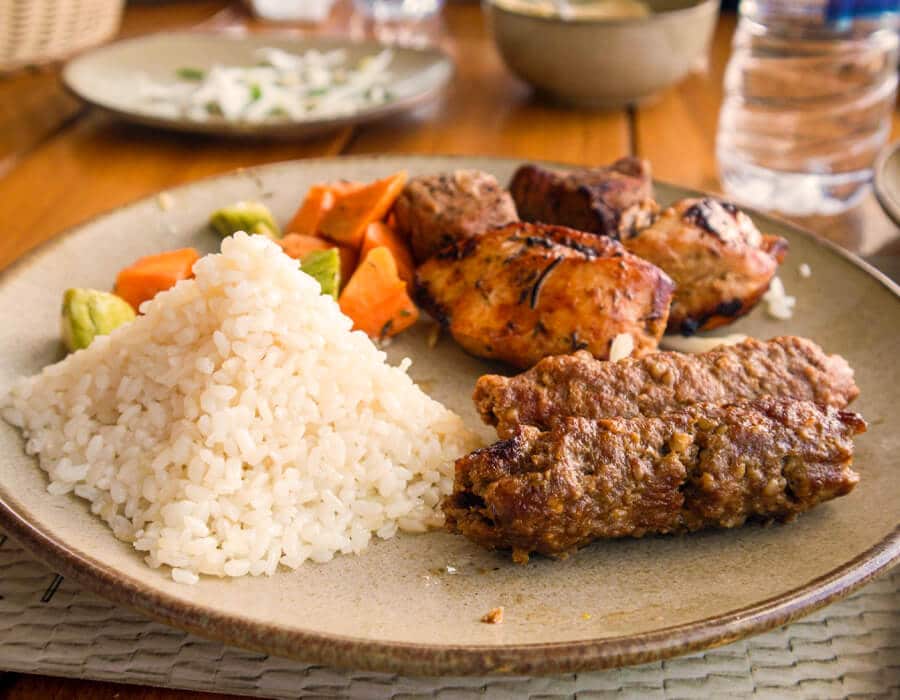
Preparing for Your Egypt Adventure
Getting ready for an Egypt adventure means mixing excitement with smart planning. Egypt is full of culture, but a bit of prep can make your trip better. Here’s how to prepare for an amazing trip!
- First, get your visa and travel documents ready: You’ll need a visa to enter Egypt. Most people can get one when they arrive, but check the rules for your country. Also, make sure your passport is valid for at least six months. Keep a copy of your passport and visa safe, just in case.
- Pack light but wisely: Egypt’s summer can be hot, so pack light clothes. But remember to dress modestly, like wearing long pants or skirts and sleeves. Wear comfy shoes for all the walking you’ll do. Don’t forget sunscreen, sunglasses, and a hat to protect you from the sun.
- Check your health and vaccinations: Talk to your doctor about any shots you might need for Egypt. Hepatitis A, typhoid, and cholera vaccines are often recommended. Carry a small first aid kit with essentials like painkillers and anti-diarrheal meds. Always drink bottled water to stay healthy.
- Learn some Arabic phrases: While many Egyptians speak English, learning Arabic can help a lot. Say “Shukran” (thank you) or “Min fadlak” (please) to show respect and make friends.
- Plan your trip: Egypt has so much to see, so make a list of must-visit places. Include the Pyramids of Giza, Luxor, and Abu Simbel. Don’t forget to relax in places like Cairo’s markets or Sharm El Sheikh’s beaches. Traveling in Egypt can be busy, so plan some downtime too.
- Think about your budget and currency: Egypt is affordable, but planning your budget helps. Use Egyptian pounds (EGP) and carry cash for small purchases and tips. Credit cards work in many places, but cash is better for some transactions.
- Respect local customs and etiquette: Egypt is a conservative country, so dress modestly and avoid public displays of affection. Always ask before taking photos, and be friendly. Egyptians are very welcoming, so a smile and a kind attitude will help a lot.
Conclusion:
Egypt offers an incredible blend of history, culture, and adventure, but careful planning is key to making the most of your trip. By following these travel tips, you’ll be better prepared to immerse yourself in Egypt’s timeless wonders and avoid potential pitfalls. So pack your bags, grab your camera, and get ready for the adventure of a lifetime!
Have questions or need more advice for your Egypt journey? Let us know in the comments or share this guide with fellow travelers planning their trip!
Don’t miss to check:
